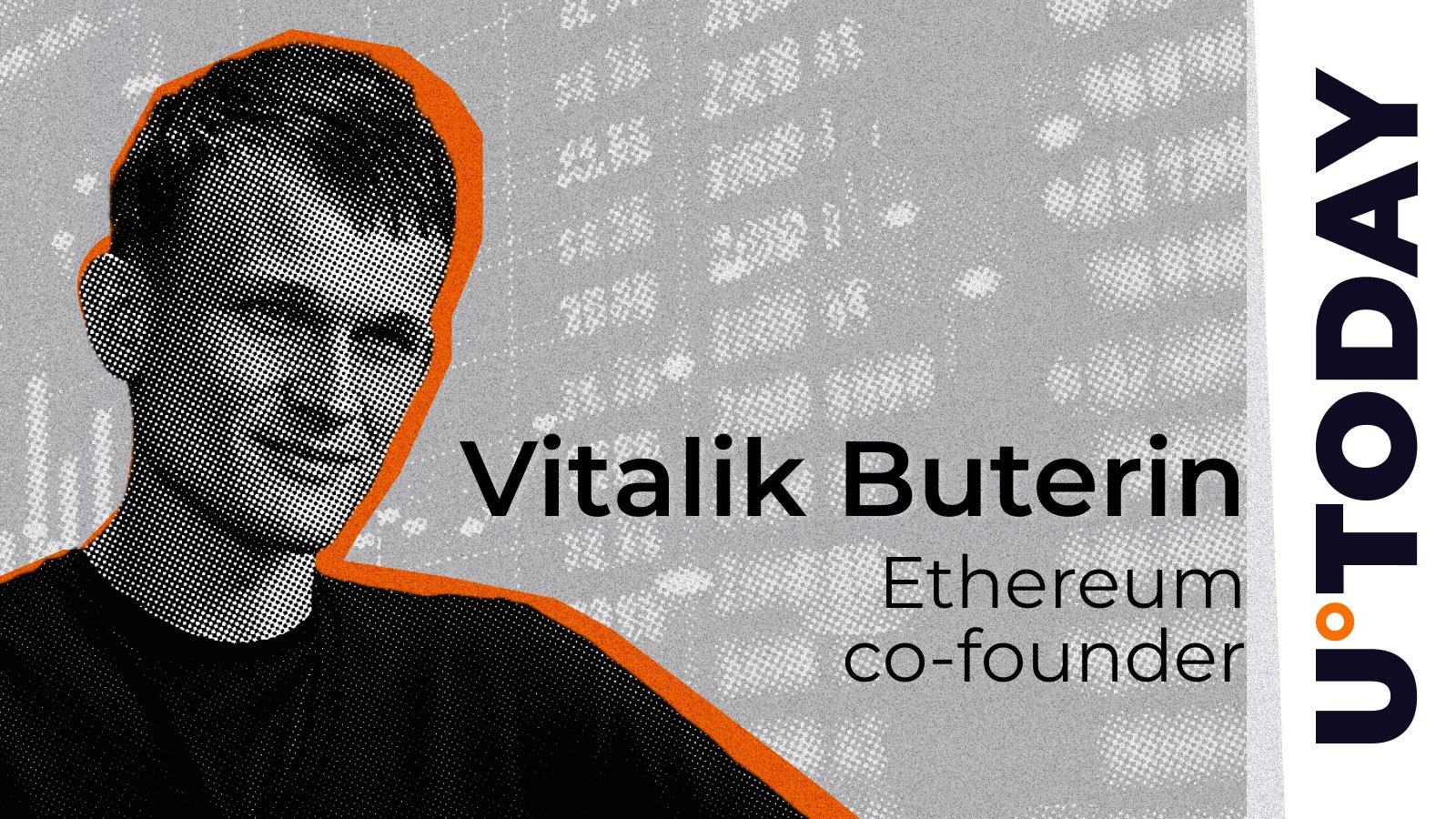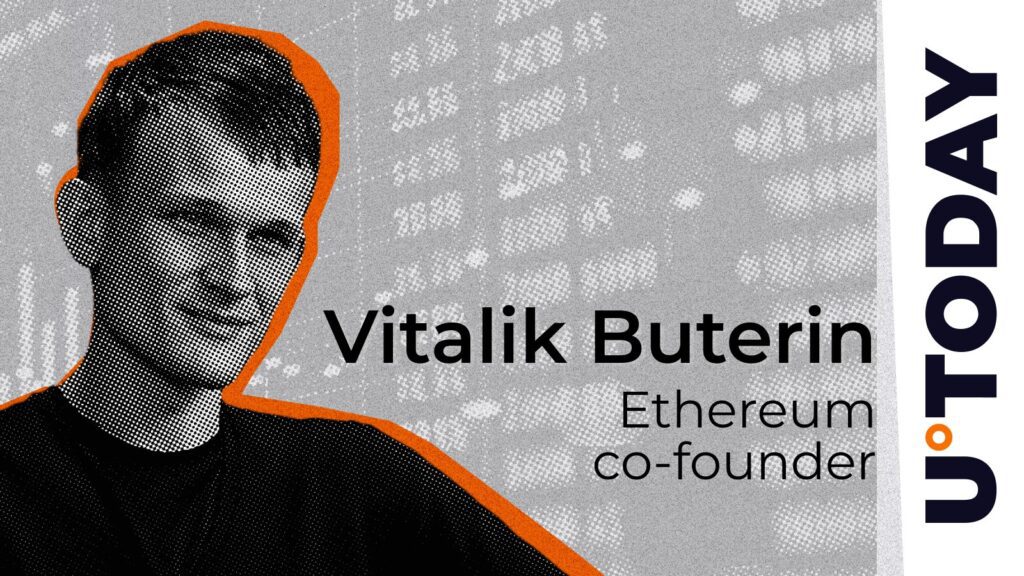
Disclaimer: The opinions expressed by our editors are their own and do not represent those of U.Today. The financial and market information provided on U.Today is intended for informational purposes only. U.Today is not responsible for any financial losses incurred while trading cryptocurrencies. Do your own research by contacting financial experts before making any investment decisions. We believe all content to be accurate as of the date of publication, but some offers mentioned may no longer be available.
Ethereum co-founder Vitalik Buterin has warned against labeling certain blockchain use cases as attacks. He pointed out that such measures could open the door to censorship in blockchain networks, thereby undermining the openness and challenge to authority that are the foundation of these networks.
In his most recent article, Buterin highlighted that the market mechanisms of blockchain technology, particularly the use of fees, are its strong point. Through these mechanisms, applications willing to pay for on-chain execution are accepted without bias or unpredictable limitations. He said adding arbitrary definitions of what constitutes an attack could set a risky precedent and lead to censorship.
However, Buterin acknowledged that users in the ecosystem have the freedom to express their opinions about the apps or their developers. Additionally, he supported the notion of communities socially organized to reject specific applications such as those engaged in immoral behavior. He clarified, however, that layer 1 (L1) blockchains should not be responsible for such activities.
Blockchains run the risk of losing their integrity as open decentralized systems when they start censoring or banning applications. Buterin highlighted how blockchain technology is one of the last lines of defense against the growing global trend toward Internet fragmentation, sometimes called splinternet. In this context, preserving resistance to censorship is essential if blockchains are to live up to their potential as instruments of neutrality and freedom.
This warning coincides with the increasing polarization of discussions around on-chain activity, which ranges from high-frequency trading to privacy-focused applications. To ensure blockchains continue to be a pillar of decentralization, Buterin’s position highlights how crucial it is to maintain their neutrality and transparent governance mechanisms, such as fees.
Buterin’s observations highlight the need to strike a careful balance between innovation, regulation, and the fundamental ideas that underpin the revolutionary potential of blockchain technology as its use grows.






